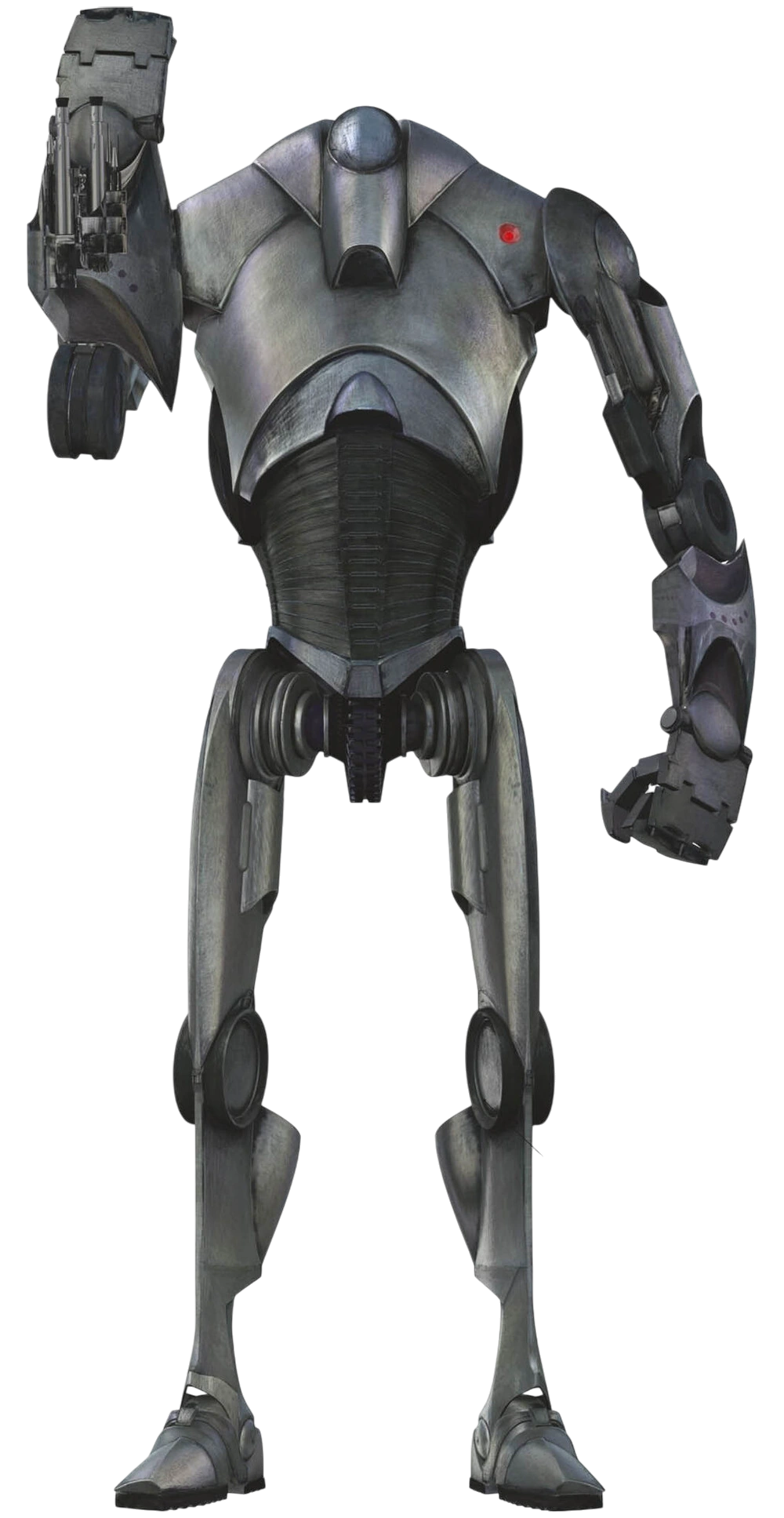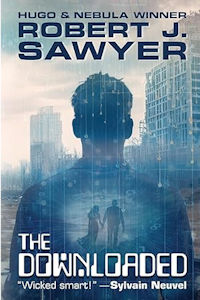What does it take to be a Mythic Hero(tm)? The Beamers were contemplating this level of (super-)human achievement with the aid of our May book, Chimera by John Barth. The recently deceased Mr. Barth was a recognized titan of American literature who took to arguing storytelling with Scheherazade herself, while questing after (and questioning) the meaning of heroism embodied by those Greek demi-gods, Perseus and Bellerophon, both riders of the flying horse Pegasus. Would the Beamers ascend Mount Olympus to spend time with the gods, or would we be tossed off our own mounts on the slopes of Mr. Barth’s towering prose?
A modern Homer, d’oh?
John Barth (1930 – 2024) was a major contributor to American fiction starting in the late 1950s. Becoming widely recognized for his post-modern prose, Mr. Barth was noted for his use of historical situations with a contemporary slant, such as introducing John Smith and Pocahantas in his third novel, The Sot-weed Factor (1960). Chimera (1972) was given a share of the National Book Award in 1974, and he received the F. Scott Fitzgerald Award for Outstanding Achievement in American Literature in 1997. His essay “The Literature of Exhaustion” (1967) is often taken as a manifesto of post-modern fiction that declared realism was dead, though he later explained he was not proclaiming its death so much as describing the passing of the torch to other forms of prose.
Chimera, like its eponym, the Greek mythic fire-breathing beast made up of goat, lion, and serpent, is a novel in three sections, each focusing on a famous classic character from the storytelling traditions of Arabia and Greece. It opens with Scheherazade (called “Sherry”) and her sister Dunyazade scheming to stay alive while serving in the courts of notorious wife-killing Persian princes. The focus shifts to Perseus, tamer of Pegasus and slayer of stone-faced Medusa, lamenting his obsolescence as an over-the-hill hero. His account of his struggles to shape his life story into a meaningful tale falls into the hands of his younger cousin and replacement rider of Pegasus, Bellerophon, in the third section of the work. Bellerophon, constantly bedeviled by the shape-shifting prophet Polyeidus, has his own struggle to define his parentage, not knowing if his father was the mortal king of Corinth, the immortal god of the sea, or the sneaky seer who can assume their appearances. Throughout the three sections, Mr. Barth tosses in a ton of wordplay, anachronistic references (Napoleon makes a cameo), and sex (which had Penn tittering but was not titillating, he said).
Climbing Olympus
Climbing the mountain of erudition that was piled in front of us proved to be a daunting challenge. Most of us referred to the mental effort it took to read the book, and only half of us finished it (with Roberto feeling compelled as though completing an arduous school assignment). We were perplexed by who the audience was intended to be, classicists or readers without a background in legend and myth? Both were likely to be upset with the book, which liked to play fast and loose with its learning. Naming a character who gains the ability to foresee the future “Sybil” is clearly alluding to the famous female oracles of Greece. But it is a job title and not a character name. Both the scholars and the clueless are left wondering. The prose itself showed off its literary chops, with a fluid flow of fluency in the use of alliteration, impressing Penn at first, but proving to be a fatal flood of phonics over the long run. And the stream-of-(semi-)consciousness style was itself a choppy sea to navigate, with a slippery sense of identity shifts that left us struggling to even know who was narrating at any point in the novel. Not that the narration was leading strongly in any direction. Alan lamented the lack of a plotline that moved along, though I did find that the final section, with Bellerophon’s search for his true father, did give us the sense of character development and plot advancement of more traditional stories. He also wondered how a book with Scheherazade could lack all of her 1,001 tales, save a few mentions of titles.
The “transparent aluminum” ploy?
Roberto hit upon a deeper conundrum, as the book claims that Scheherazade learned her stories from a “genie”, a forty-something American writer from Maryland (cf. author bio), who loved them so. But where do stories come from, if no one actually writes them?, Roberto wanted to know. Again, we point to the post-modern idea of self-reference and intertextuality, where persona create themselves (seemingly out of nothing) and works of literature “converse” with each other, endlessly borrowing, reshaping, and loaning ideas and motifs back and forth. Which in many ways was the kind of science fiction that emerged in the 1960s and ’70s as the New Wave, the kind of sf that shaped a lot of my sf sense. So perhaps I should have liked this book more. But I was also reminded of the great flood of “suburbia” fiction (like much made by those other Johns, Cheever and Updike) from the same time. Mr. Barth’s characters, in their carping and whinging about sexual relations and family arguments, sound too much like folks arguing over what to put on the Costco shopping list. Chimera is almost a parody of suburbia novels, which, admittedly, may be just the point. Was this ugly mess of fractured fairytales meant to be a chimera, a monstrous mash-up of creatures, itself?, Penn postulated. We could not tell. But we could tease poor Chris about the gleefully garbled chapter numbering, a lacuna which he labors to alleviate.
The final tally wound up in the middle of the scale, with ‘5’ being the most frequent score. Buoyed by the music of Rimsky-Korsakov, Chris was generous to the “Scheherazade” section to award it a ‘7’. But the rest of us, and our missing members who checked in with e-mail (Fran, John), were all less enthused. Maybe we all needed a hit of horse-nip (hippomanes) like Pegasus.







